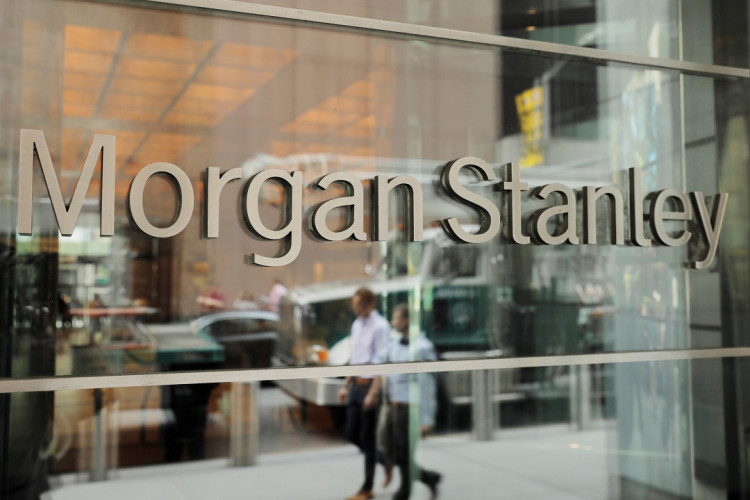Wall Street bank Morgan Stanley is pushing ahead with its plan to fully control its joint venture company in China despite the now escalating trade war.
As Trump's tariff threats loom over the horizon, the bank's plans may now be in peril as China could potentially block the move in retaliation against the US' planned tariffs.
Morgan Stanley reportedly already signed a contract with its Chinese partner Huaxin Securities to seize control of the Chinese joint venture Morgan Stanley Huaxin Securities. The contract will essentially let Morgan Stanley buy a 51 percent stake in the joint venture company.
According to a filing with the Shanghai Stock Exchange, Morgan Stanley's Asia unit had a 49 percent stake in the joint venture firm. The Asian unit has since transferred the 49 percent stake to its parent company late last week.
Morgan Stanley just needs to acquire the additional 2 percent of the joint venture company to take control. The Wall Street bank is reportedly willing to pay Huaxin Securities 54 million for the additional 2 percent stake in the company.
While the contract may have already been signed by both firms, the deal itself will still need the approval of Chinese regulators before the shares can be transferred. This poses a potential problem for the US bank as the rising tensions between the United States and China could derail its plans.
If the purchase does push through, Morgan Stanley will essentially become the largest foreign bank to take control of its Chinese business.
Both the bank and the Chinese Securities Regulatory Commission have yet to issue any statements regarding the deal or its possible outcome.
Following the trade truce between China and the United States after the meeting of both countries' leaders at the sidelines of the G20 summit in June, several banks had decided to initiate plans to take over their Chinese businesses.
China seemingly opened up its doors to foreign institutions by lifting ownership limits to allow companies to acquire controlling stakes in their Chinese joint ventures.
In late 2017, China announced that it would be allowing foreign investors to own 51 percent stakes in companies such as security firms, investment companies, and life insurance firms.
Banks such as JP Morgan Chase, UBS, and Nomura have already signed deals with their Chinese partners to acquire controlling stakes of their respective joint venture companies.
The three aforementioned banks have already received regulatory approval for their purchase of controlling stakes. It is not yet clear if China will be blocking these purchases or reversing its decision given the recent state of affairs.






